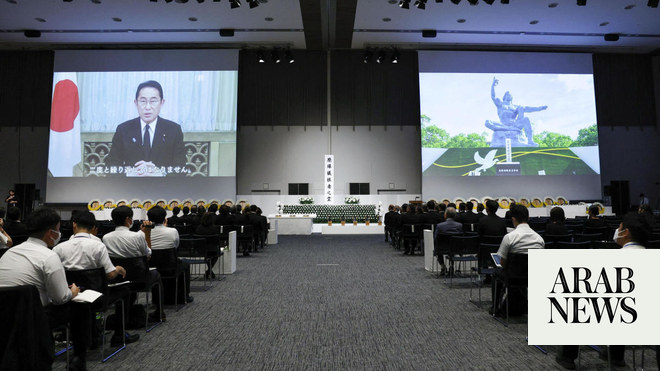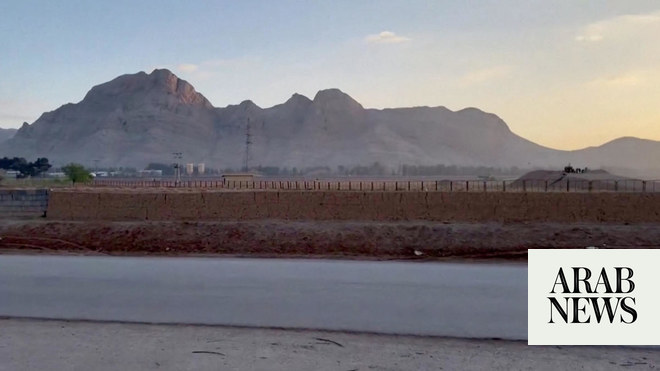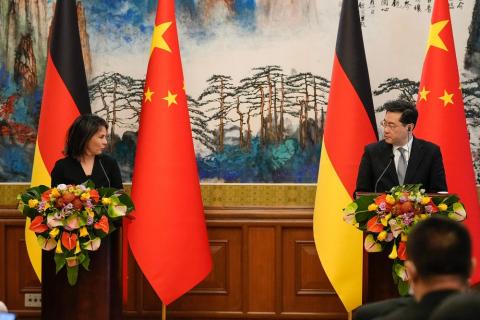
Pope Francis demanded world leaders renounce atomic weapons and the Cold War-era doctrine of deterrence, saying Sunday the stockpiling of nuclear arms decreases security, wastes money and threatens humanity.
Francis blasted the demise of arms control treaties while visiting Nagasaki, the site of the second of the two 1945 US atomic bombings on Japan.
After laying a wreath of flowers and praying at the foot of the memorial to the victims, Francis said the place stands as a stark reminder “of the pain and horror that we human beings are capable of inflicting upon one another.”
“Convinced as I am that a world without nuclear weapons is possible and necessary, I ask political leaders not to forget that these weapons cannot protect us from current threats to national and international security,” he said, according to The Associated Press.
The mood was somber and silent, darkened by the downpour that drenched the terraced fields and rice paddies of Nagasaki and the thousands of Japanese who came out in plastic raincoats to witness the second pope to pay his respects to victims of the bomb.
Francis visited Nagasaki — and later Hiroshima — at the start of a three-day trip to Japan aimed at emphasizing his call for a global ban on atomic weapons. Nagasaki was the perfect place to begin his visit, the birthplace of Christianity in Japan and ground zero of the bomb.
The Holy See was among the first countries to sign and ratify the new UN nuclear prohibition treaty, and Francis himself has gone further than any pope before him in saying not only the use, but the mere possession of atomic weapons is “to be condemned.”
While Francis didn’t repeat his 2017 condemnation Sunday, he made a similar point.
“One of the deepest longings of the human heart is for security, peace and stability,” he said. “The possession of nuclear and other weapons of mass destruction is not the answer to this desire; indeed they seem always to thwart it.”
The first US atomic bomb fell on Hiroshima on August 6, 1945, killing 140,000 people. The second one dropped three days later on Nagasaki and killed another 74,000 by the end of the same year. Many of the survivors have suffered the lasting impact of radiation and developed various forms of cancer.
Under the 1957 government law designed to support A-bomb survivors, or “hibakusha,” more than 370,000 people were recognized as eligible for various types of government support, including medical and welfare assistance, depending on how far they were from ground zero.
“In a world where millions of children and families live in inhumane conditions, the money that is squandered and the fortunes made through the manufacture, upgrading, maintenance and sale of ever more destructive weapons, are an affront crying out to heaven,” Francis said.
He lamented the “climate of distrust” that is eating away at non-proliferation efforts and the arms control framework, a reference to a series of violated treaties and the demise this year of the Intermediate-range Nuclear Forces treaty, a landmark Cold War-era arms control agreement. The US formally withdrew from the treaty in August, after accusing Moscow of developing a Russian missile system prohibited under it.












